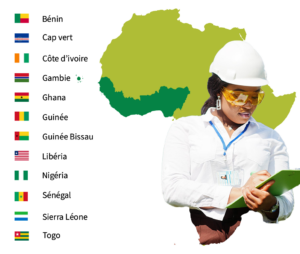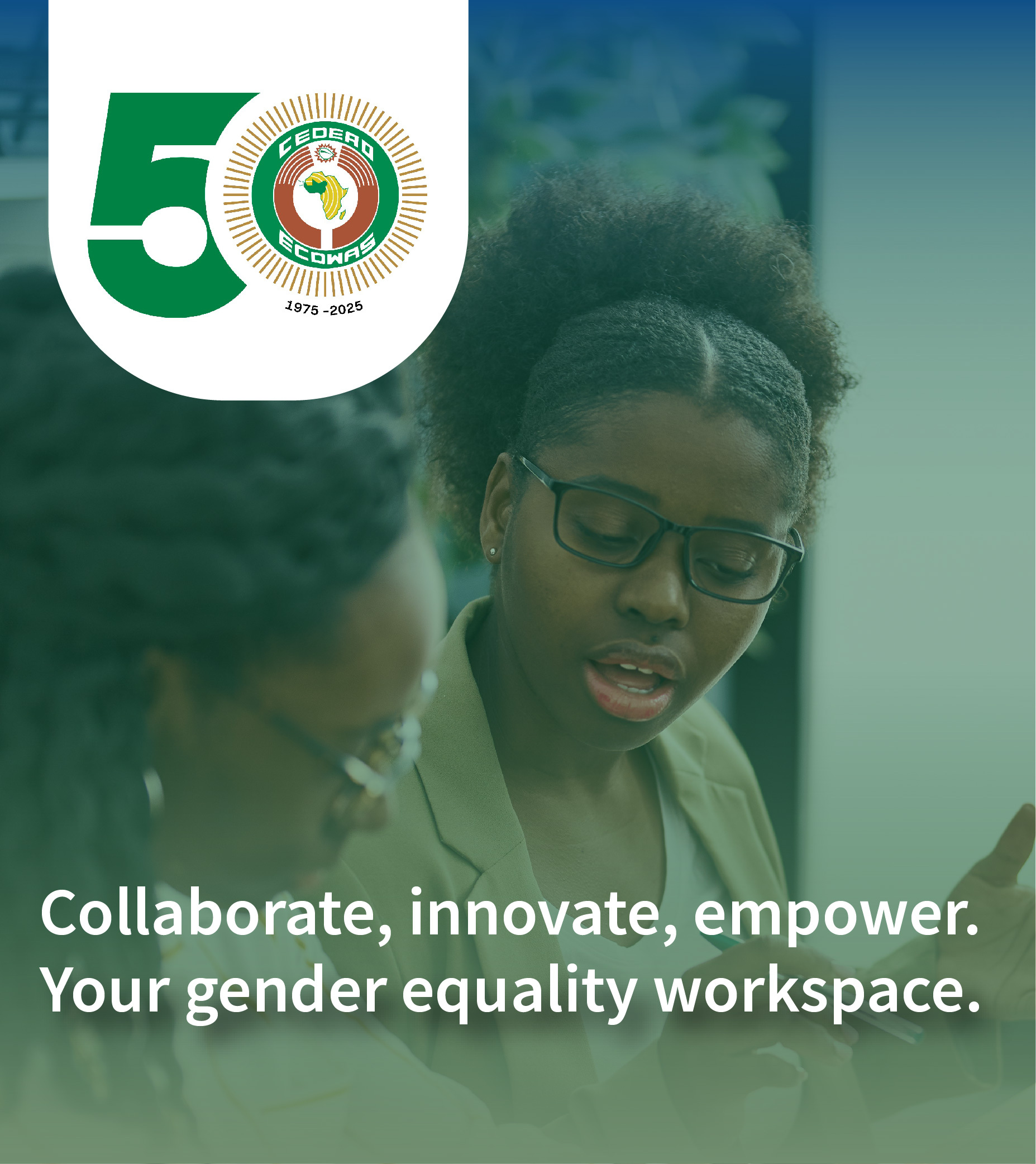Gender Equality Seal for Public Institution

The Gender Equality Seal for Public Institutions (GES-PI) is a voluntary certification program that recognizes good performance and accountability in achieving transformational gender results by establishing standards within public sector institutions. It aims to promote an equitable work environment for both men and women. This is a comprehensive process of improving and transforming the key internal and external aspects of organizations to integrate gender equality principles and practices into their institutional architecture and culture. Through this process, public institutions are provided with a practical plan to implement institutional reforms, ensuring that gender equality concerns are embedded in their work.
The main objective of the GES-PI is to strengthen the capacity of public institutions to integrate gender equality into their policies and practices. It also aims to certify institutions that actively promote gender equality and to provide a concrete tool for the public sector to achieve the Sustainable Development Goals (SDGs) by reducing gender disparities and promoting equality.
 The introduction of GES-PI in ECOWAS Institutions will allow them to:
The introduction of GES-PI in ECOWAS Institutions will allow them to:
- Monitor and achieve gender equality objectives and ensure that they address inequalities and institutional discrimination while improving organizational performance and stability.
- Strengthen leadership commitments to gender equality and ensure equitable and meaningful participation of both women and men in decisions affecting their lives and workplaces.
- Improve the work environment by eliminating discriminatory practices.
- Increase institutional transparency and efficiency.
- Become champions in promoting gender equality and reinforce ECOWAS’s status as an organization that promotes equal opportunities.
- Develop the necessary capacities to achieve ECOWAS Vision 2050.
The implementation of GES-PI follows nine key steps:
- Engagement (establishing contact with leadership and institutional arrangements to initiate the process).
- Designation of focal points.
- Establishment of the ECOWAS Gender Committee (GEC).
- Training of GEC members and other stakeholders.
- Conducting a Baseline Study.
- Development of a Gender Action Plan.
- Implementation of the Action Plan.
- External Evaluation.
- Certification (Awarding a Gold, Silver, or Bronze Medal based on the score).
The EGDC has already implemented the first four steps and will continue with the remaining steps starting in 2025.
Related News
La CEDEAO lance officiellement l’écosystème digital du ccdg à Saly-Portudal, Sénégal
Le Centre de la CEDEAO pour le Développement du Genre (CCDG), sous le leadership de Prof. Fatou SOW SARR, Commissaire...
ECOWAS promotes the gender equality seal for public institutions (GES-PI) within its Bank for Investment and Development (EBID) in Lomé
The Conference Hall of the ECOWAS Bank for Investment and Development (EBID) hosted, on Wednesday 17 December 2025 in Lomé,...
A new stage in the partnership between the ECOWAS gender development centre (EGDC) and the Folke Bernadotte academy to strengthen the peace and security architecture in west Africa
On the 10th of December 2025 in Abuja, Federal Republic of Nigeria, Prof. Fatou SOW SARR, Commissioner for Human Development and...
ECOWAS trains judicial, health and social actors in Liberia on preventing and responding to GBV and sexual harassment in Monrovia
The Economic Community of West African States (ECOWAS), through its Gender Development Centre (EGDC) organised a national training workshop on...
ECOWAS-AECID coordination meeting: reviewing cooperation and planning for 2026
The Economic Community of West African States (ECOWAS) and the Spanish Agency for International Development Cooperation (AECID) held a virtual...




